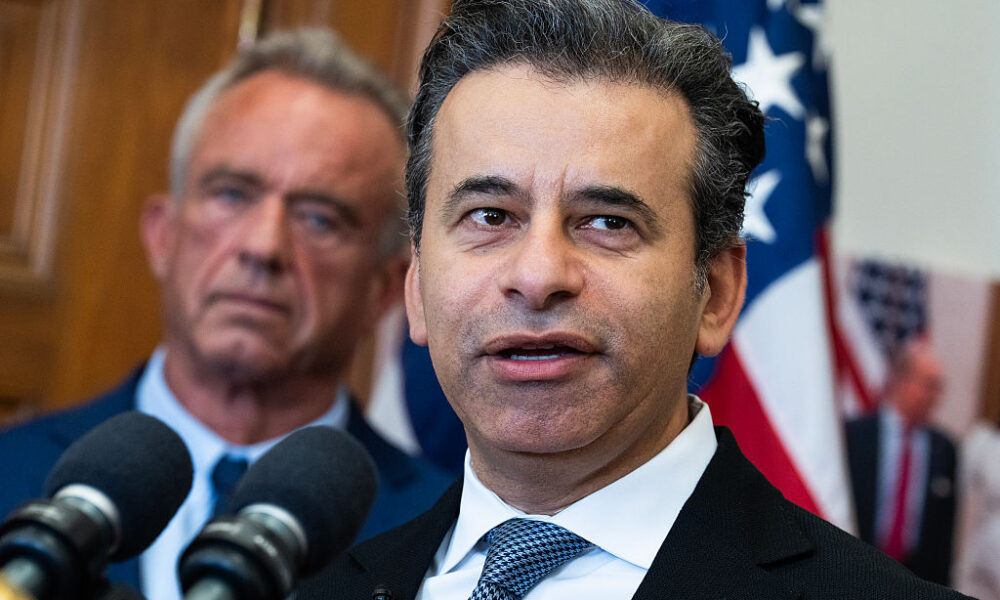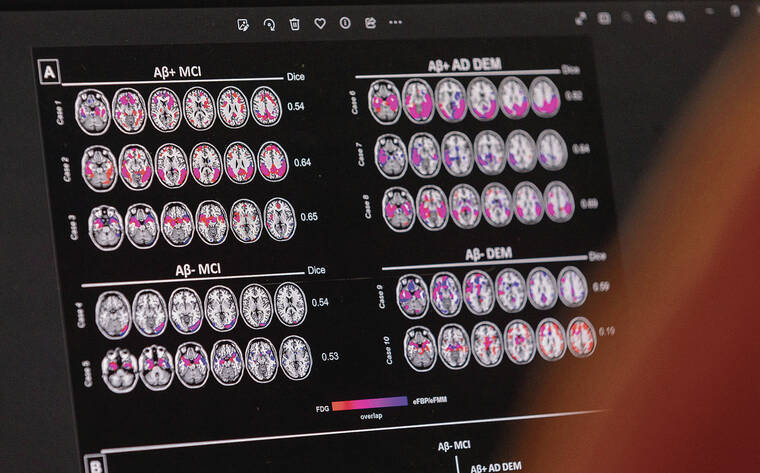The U.S. Food and Drug Administration (FDA) has initiated a new pilot program aimed at accelerating the review process for therapies deemed critical to national interests. The first nine products selected for this initiative include a gene therapy targeting hearing loss, a drug to assist with quitting e-cigarettes, and an anesthetic manufactured domestically. Each of these therapies has been awarded a Commissioner’s National Priority Review Voucher (CNPV), significantly reducing the typical review timeframe from 10 to 12 months down to just one to two months.
The FDA introduced the CNPV program in June 2023, but details regarding the selection process for the vouchers were not fully disclosed until recently. The agency’s Office of New Drugs, which consists of eight therapeutic review offices, will oversee the nominations. Each of the 27 review divisions within these offices is responsible for nominating a product that aligns with the program’s goals. Additionally, pharmaceutical companies are invited to submit their products for consideration, which will be evaluated by the relevant division.
To facilitate faster reviews, the FDA plans to adopt a collaborative, team-based approach reminiscent of tumor boards in oncology. This method involves specialists discussing each application in a focused one-day meeting. While the agency aims for expedited decisions, it emphasizes that this accelerated timeline is not guaranteed. The FDA retains the right to extend reviews due to incomplete applications or manufacturing issues.
“We favor speed, but we prioritize safety above all else,” stated Martin Makary, the FDA Commissioner, during a podcast discussing the program’s inaugural recipients. “The same people make the same decisions. If more time is needed, we won’t hesitate to take it.”
In outlining the criteria for eligible products, Mallika Mundkur, the FDA’s Chief Medical Officer and head of the CNPV program, noted that therapies addressing significant public health needs and those related to domestic manufacturing—as a matter of national security—are prioritized. The program also seeks to improve drug affordability by aligning U.S. prices with those in other nations.
Among the selected therapies is Regeneron Pharmaceuticals‘ DB-OTO, a gene therapy aimed at treating a rare genetic hearing loss. Another notable entry is Revolution Medicines‘ RMC-6236, which has been developed specifically for pancreatic cancer. Disc Medicine‘s bitopertin could potentially be the first disease-modifying treatment for erythropoietic protoporphyria, a rare blood disorder.
The Italian company Dompé has received a voucher for cenegermin (marketed as Oxervate). While the eye drop formulation is already approved for treating neurotrophic keratitis, Dompé is now pursuing expedited approval for an intranasal version targeting non-arteritic anterior ischemic optic neuropathy, a condition that can lead to vision loss.
Domestic manufacturing has emerged as a key focus for several other products. Phlow has been awarded a voucher for the domestic production of the active pharmaceutical ingredient in the anesthetic ketamine, addressing a lack of local suppliers. The antibiotic Augmentin XR is also included in this group for the same reason. Other voucher recipients encompass EMD Serono’s infertility drug pergoveris, Sanofi‘s teplizumab (marketed as Tzhield) for delaying advanced type 1 diabetes, and Achieve Life Sciences’ cytisinicline, a potential smoking cessation medication.
The FDA anticipates announcing additional recipients of the CNPV vouchers in the coming months, reflecting its commitment to accelerating critical health innovations while maintaining safety standards.






